It’s zero hour in America as the nation teeters on the brink of becoming a surveillance state. Any last shackles on the government’s ability to spy on its citizens have been removed. At this crucial moment, which leaders will rise to the challenge of defending the people’s rights? Here is MintPress’ list of six politicians likely to stand up to power -– and five likely to cave in.
For the People
Rep. Justin Amash, R-Mich.
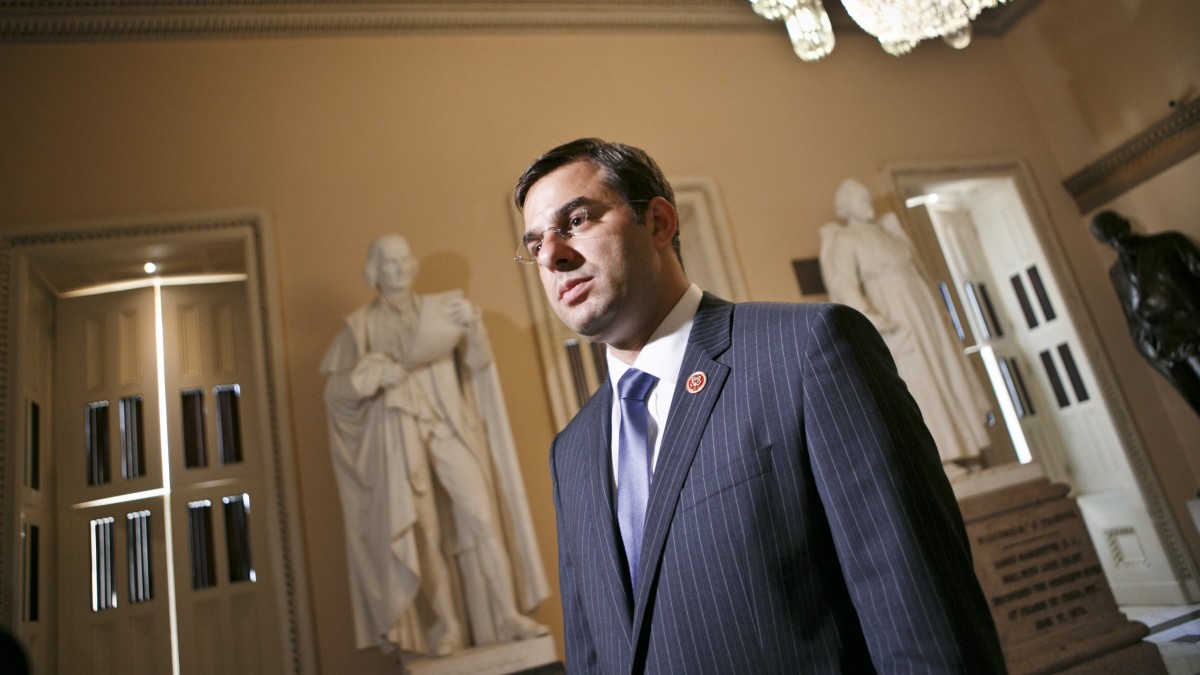
Known as the most defiant libertarian-voting Republican in the House, Amash proposed an amendment that would have stripped funding for the National Security Agency’s call-records program. It went down to a narrow defeat in July but raised Amash’s profile — he is a possible Republican contender in 2014 for the Senate seat held by retiring Democratic Sen. Carl Levin. He supports the USA Freedom Act.
“I think it’s scary the direction the government is going … We have an executive branch that is getting way too powerful, and President Obama is setting the stage for something very dangerous in the future.”
Sen. Rand Paul, R-Ky.

The libertarian-leaning senator has said he will file a class-action lawsuit against the Obama administration over the NSA’s spying policies. Everyone in America who has a cell phone will be eligible to join the suit. Paul says he began collecting signatures six months ago.
“The question here is whether or not, constitutionally, you can have a single warrant apply to millions of people. So we thought, what better way to illustrate the point than having hundreds of thousands of Americans sign up for a class action suit.”
Sen. Ron Wyden, D-Ore.

The liberal senator and vocal critic of the NSA’s policies has proposed legislation that would overhaul the nation’s surveillance laws by, among other things, ending the bulk collection of communication records known as “metadata” and reforming the secret Foreign Intelligence Surveillance Court.
‘If we don’t recognize that this is a truly unique moment in America’s constitutional history, our generation’s going to regret it forever.’
Rep. Rush Holt, D-N.J.
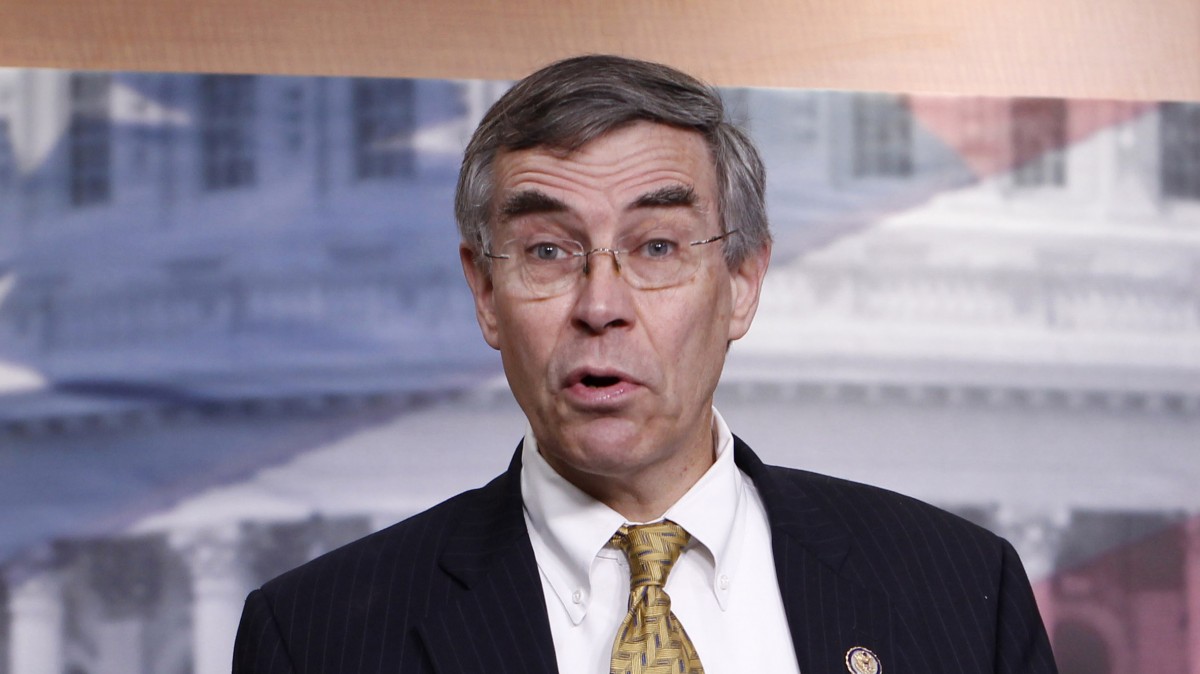
The congressman’s Surveillance State Repeal Act, introduced in July, would go even further than Sen. Wyden’s bill, repealing the dual lynchpins of domestic surveillance — the 2001 Patriot Act and the 2008 FISA Amendments Act. Holt served on the House Permanent Select Committee on Intelligence and is now running for the Senate.
“To say repealing them is a dramatic change in U.S. intelligence law, I would say, well no, it is undoing the dramatic change that occurred in our moment of fear.”
Rep. James Sensenbrenner, R-Wis.
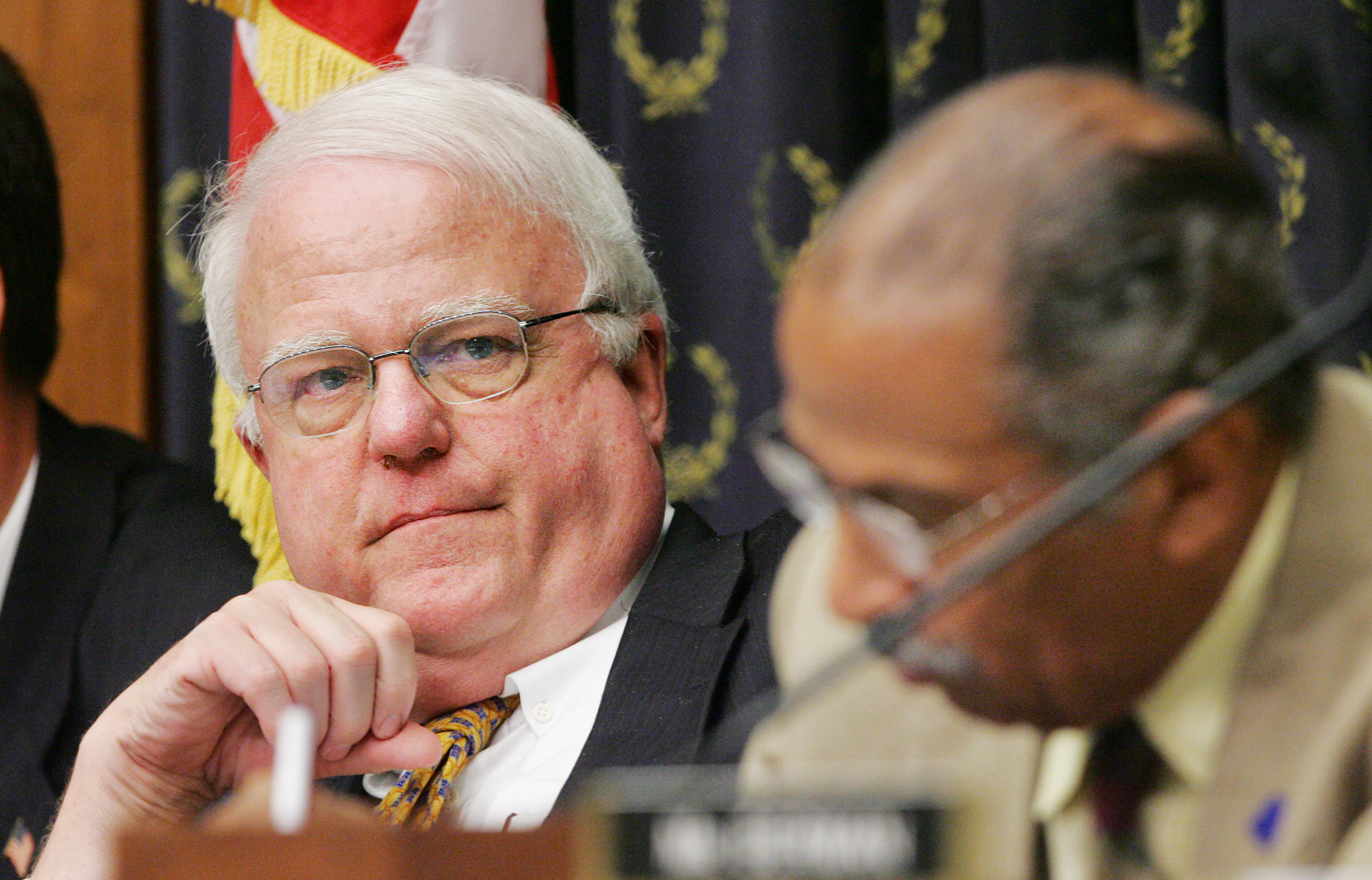
The senator has evolved from an outspoken national security hawk and a key architect of the Patriot Act to the co-author of the USA Freedom Act, a bipartisan effort to rein in NSA snooping in the wake of the Edward Snowden disclosures. The bill aims to end bulk metadata collection, ensure greater transparency in intelligence gathering and close foreign loopholes.
“Somewhere along the way, the balance between security and privacy was lost.”
Sen. Patrick Leahy, D-Vt.
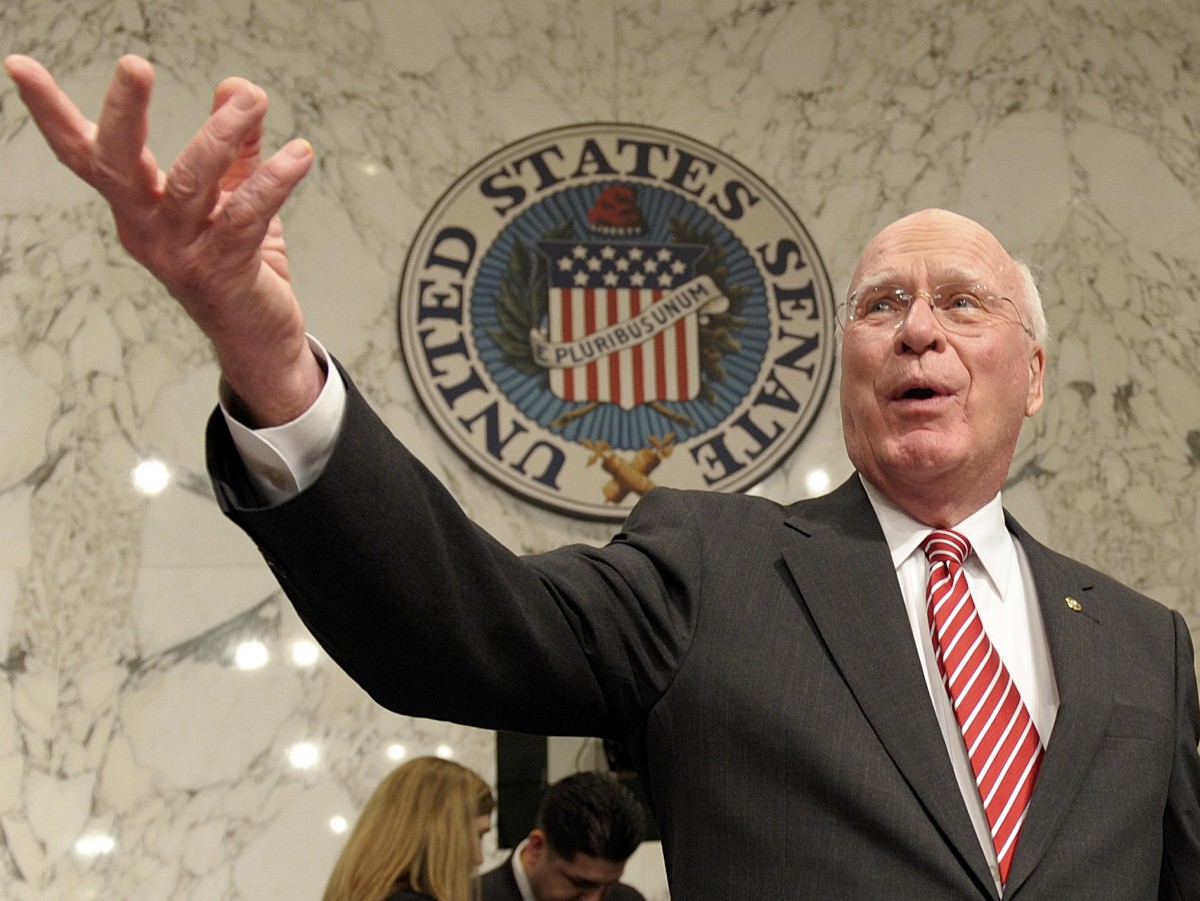
The other co-author of the USA Freedom Act believes the Obama administration has been unable to demonstrate that domestic surveillance prevented specific terrorist attacks and the NSA is the most serious threat to the safety of Americans.
“We’ll always face threats to this country, but the greatest threat should not be from our own government prying into every single one of our secrets with no accountability whatsoever.”
For the State
Sen. Dianne Feinstein, D-Calif.

The Senate Intelligence Committee chair and staunch ally of the NSA believes the agency’s call-records program is “vital” to national security and without it, the U.S. will be more vulnerable to another devastating terror attack. She supports the FISA Improvements Act, a rival of Sen. Wyden’s bill that critics say doesn’t go nearly far enough to prevent privacy intrusions.
“We live in a world with serious jeopardy to this nation … [The NSA’s call-records] program, in conjunction with other programs, helps keep this nation safe.”
Sen. Saxby Chambliss, R-Ga.
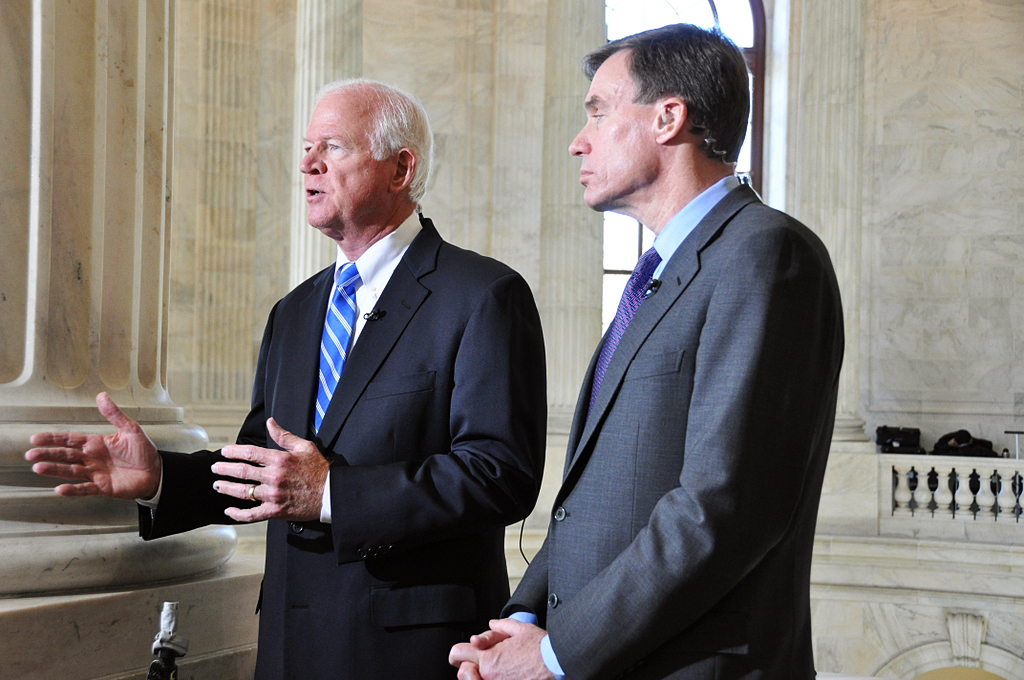
The Senate Intelligence Committee vice-chair has claimed Snowden’s leaks have caused terrorists to change tactics to avoid detection and “there’s no question” they damaged American security. The FISA Improvements Act, which he crafted with Sen. Feinstein, would essentially leave the NSA’s current practices in place but add modest new reporting requirements.
“I believe there is a consensus among my colleagues that any modifications to the Foreign Intelligence Surveillance Act must be made on a strong bipartisan basis and must not impede the intelligence community’s ability to prevent terrorist attacks.”
Rep. Mike Rogers, R-Mich.
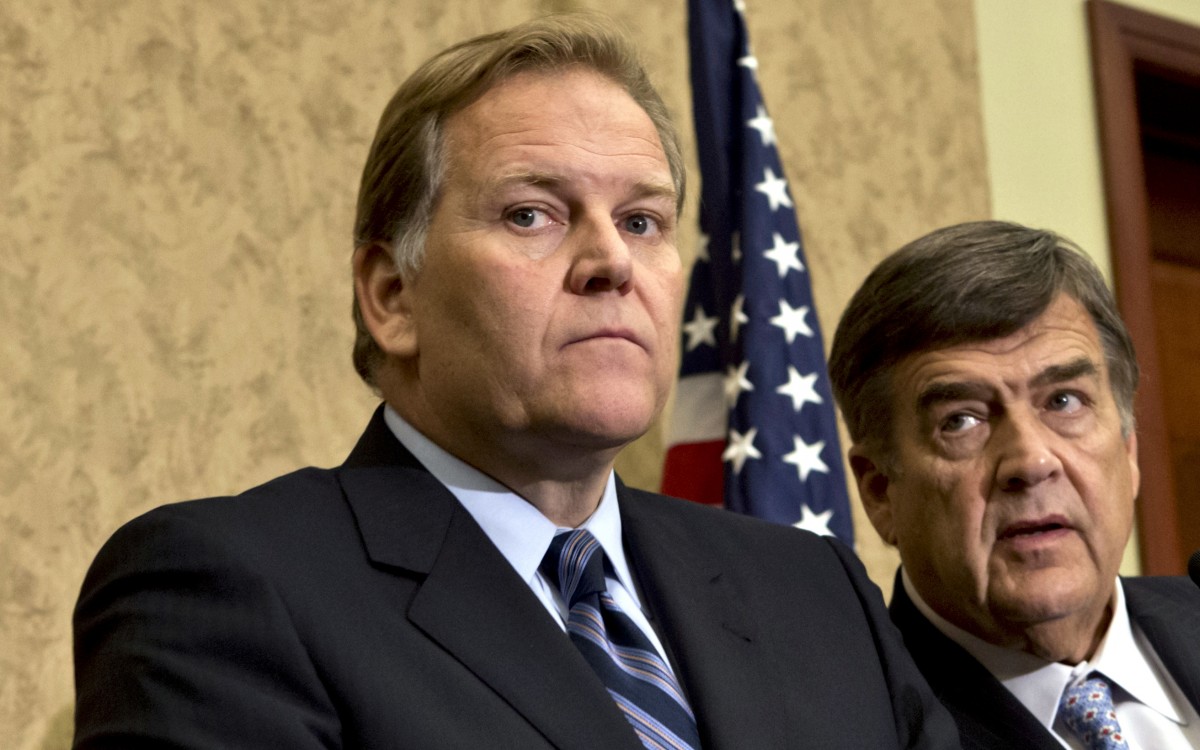
The House Intelligence Committee chair recently offered to pay Snowden’s plane ticket back to the U.S. to face charges of stealing NSA secrets. He has actively blocked attempts by other members of Congress to review details of the NSA’s surveillance program.
“Dangerous national security leaks … have grossly distorted two vital National Security Agency programs that have proved very effective in preventing terror attacks in the U.S. without infringing on Americans’ privacy and civil liberties.”
Rep. Peter King, R-N.Y.
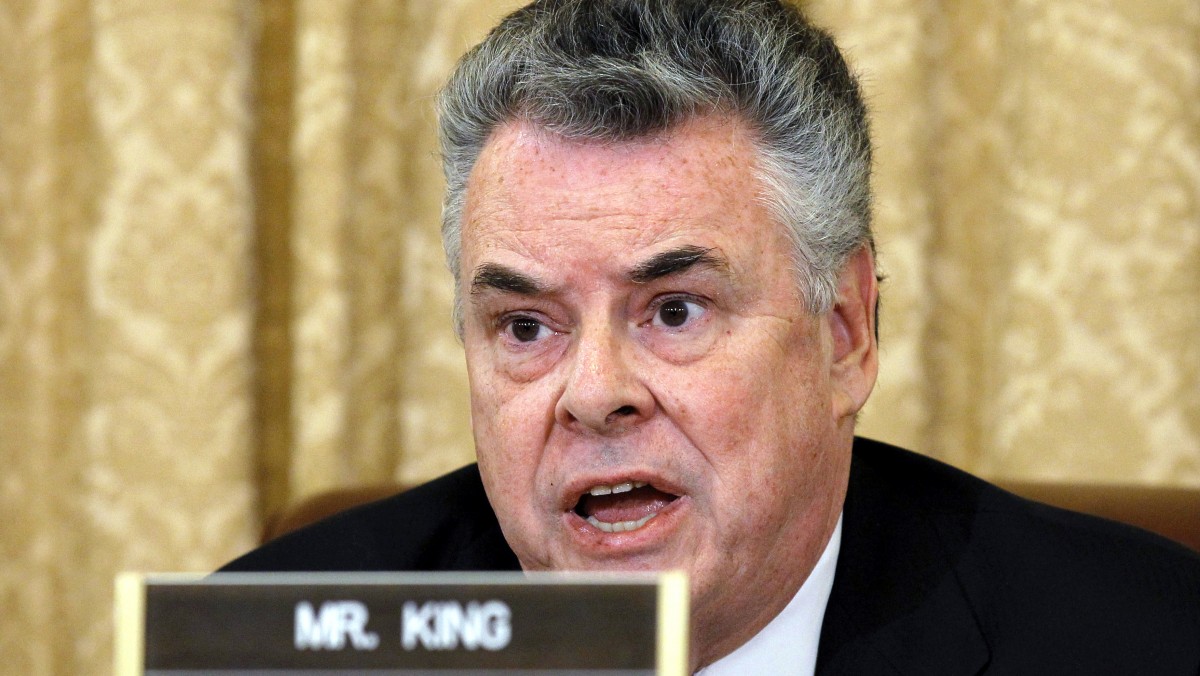
The former House Homeland Security Committee chair has accused Sen. Paul of creating “hysteria” by threatening to sue the Obama administration, saying Paul “doesn’t deserve to be a U.S. senator.” He also has chided President Obama for not being aggressive enough in defending NSA programs.
“Rand Paul is really spreading fear among the American people. To me, he’s either totally uninformed or he’s part of that hate America crowd that I thought left us in the 1960s.”
Rep. C.A. “Dutch” Ruppersberger, R-Md.

This passionate NSA advocate represents the congressional district that is home to the agency’s headquarters on the grounds of Fort George G. Meade. He has accused the media of harming national security by publishing NSA leaks and blasted Snowden for handing terrorists “a copy of our country’s playbook.”
“I’m a lawyer. I was trained to follow the Constitution. I’m part of the checks and balances, and believe me, no one’s going to break the law on my watch.”


